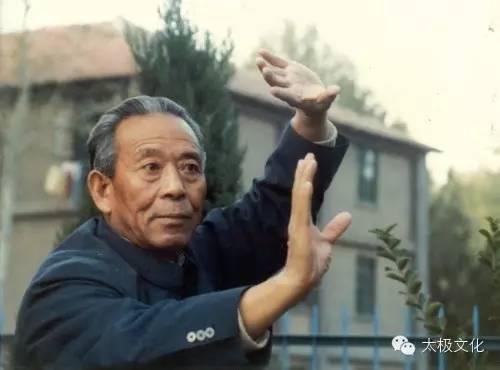Thanks again everyone. It all makes me think and/or brings back memories.
In 2000 my school had to move into new digs. We did a 3 hour long variety show in a theater to raise money. Luckily my teacher's brother's Northern Praying Mantis school did half the demos. They have great visual stuff, a variety of weapons, and are highly entertaining. We thought the tai chi would be boring to the audience. One of our many musically talented students wrote a "wu wei tao" piece to accompany it. We also dressed up our push hands demo by, yes, turning and pushing each other into the next partner in a big circle. And the many musical performances in between demos helped.
My teacher was on a cable TV show in the old days. After an interview he performed long form and gradually moved faster and faster (Where is my VHS tape?). It was cool AF.
Yeah, the double jump kick was there all right. I even knew where, but forgot (note to self to ask my teacher). It might have left long form even prior to the 1920 edit. However, I was not at all knocking the big man for removing it (though toward the end it might have been a bit of self-interest).
John Wang's use of it sounds similar to his "tree kicking". Would that be correct JW? And while I agree form is a diploma/memory/teaching system I disagree with the "not training" part. It becomes its own nei kung (try lower and slower three times) and is akin to shadowboxing when fast.
Executing kicks like separate foot (toe/instep kick) and especially heel kick slow and very slow is quite difficult. But it makes the fast ones so much better. Ask a non TCC MA to do their kicks slow and see what you get. Lotus is a bitch, that's why I was secretly seeking RSF permission to do mine fast unabashedly. And because it appears near the end of the form it can serve to make an impressive noise to wake up the audience.



